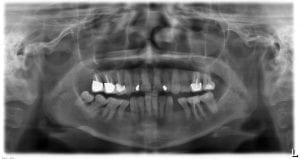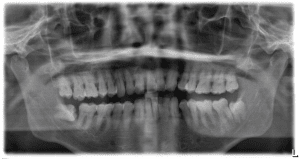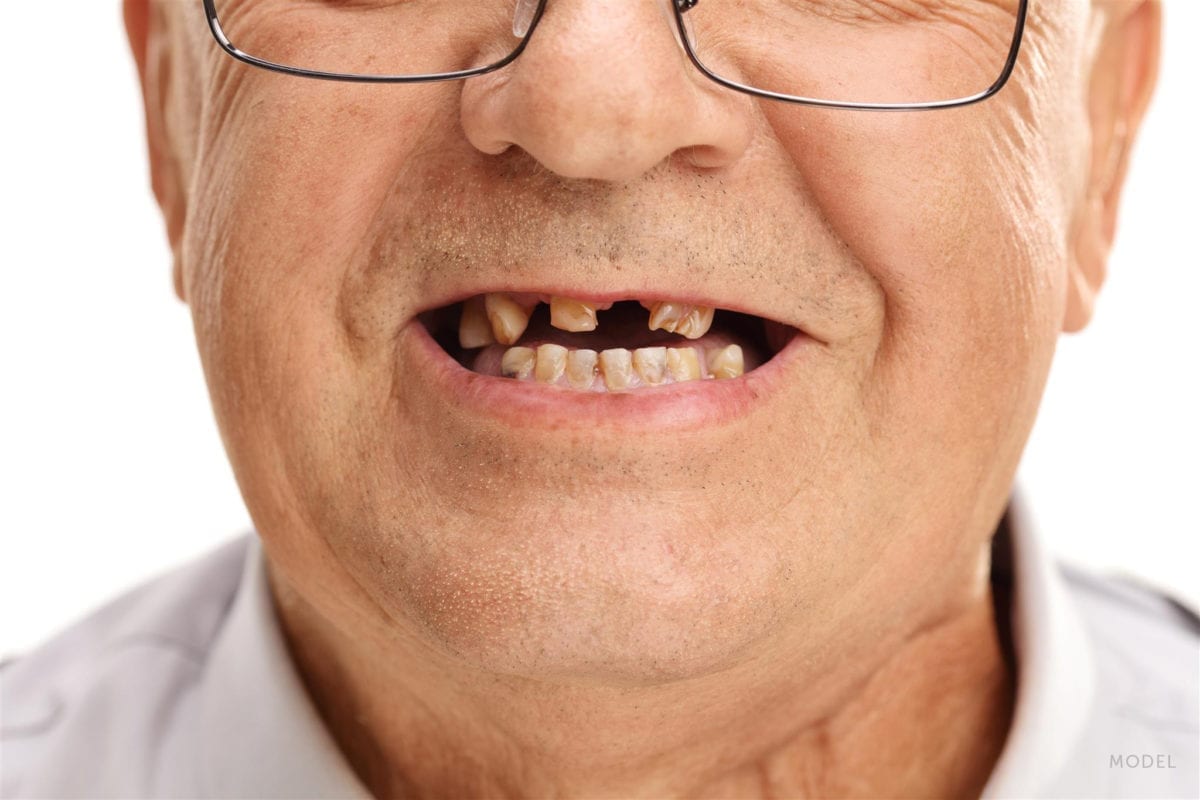By Tina Beck-Mayo, DDS, MS
Do you recommend that young adults have their wisdom teeth extracted? Do you believe in “prophylactic extraction,” or do you prescribe to the theory that they’re OK for now, so let’s just leave them? If the latter, then the next question is, would you recommend this for your own children? Why or why not?
Now stop for a moment and think about your patients over age 50 who still have their third molars and now have a big cavity that would normally require a root canal. Do you do recommend the root canal or extraction? Or maybe now they have a 7 mm periodontal pocket and bone loss involving the adjacent molar. Do you have it treated or extract? Can it be treated?
These are common problems that occur around wisdom teeth in adults and should be considered when those 20-somethings walk into your office and ask if they should have their wisdom teeth extracted. It is important to evaluate what your personal stance is and practice some talking points to discuss the issue.
Personally, I recommend prophylactic extraction of wisdom teeth unless there are some unusual, severe complications, such as serious nerve damage. Here are some reasons why. First, as a periodontist, I often see middle-aged adults with severe localized periodontal disease interproximally between third and second molars, causing severe bone loss and furcation involvement on the distal of the second molar. At that point, extraction of the third molar is the usual recommendation to improve the health and long-term prognosis of the second molar. However, the healing process will not be as easy as it would if the tooth had been extracted when the patient was younger — not to mention the irreversible damage that has already occurred to the second molar. Alternatively, consider the scenario where the third molar develops a large cavity that involves the pulp. Do you now recommend extraction? These are common consequences of retaining wisdom teeth.
Click on an X-ray to view a larger size
Case 1

The center molar (#31), has a large cavity and severe bone loss that are likely due to the position of the 3rd molar behind it, making plaque removal very difficult.
Case 2

Horizontally impacted #32. Poor oral hygiene and development of periodontal disease exacerbated by the impacted tooth. Attachment loss distal #31 allowed communication with the follicle around #32, causing severe irreparable bone loss distal #31.
While it may not be problematic to retain wisdom teeth as a young adult, as we grow older, our motivation and physical ability to maintain proper hygiene in these difficult-to-reach areas consistently over several decades is compromised, thus the risk of developing caries or periodontal disease increases. Now, consider the fact that aging also increases the risk of developing a medical condition that may complicate healing. All of these facts should be considered when discussing wisdom tooth extraction with a young adult.
If you agree with my reasoning, I recommend the following explanation to patients: Get your wisdom teeth out while you are young and healthy. The bone is soft, the teeth will come out easily, and you will heal more rapidly than if you wait until there is a problem in 30 years. While it is true that you may be lucky and never develop a problem, if you wait, you may be risking a more difficult and painful recovery with irreversible damage to your other teeth.








